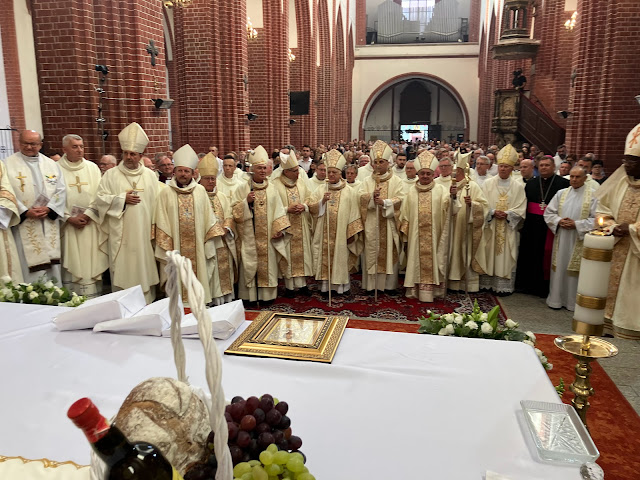Refugee crisis: some progress in the EU and some longer term plans emerging from the Anglican Alliance
 |
| Refugees seeking to cross from Greece to FYRO Macedonia |
It is not a time to be complacent however. The agreement to distribute 120,000 refugees currently in Europe is vital (and to the shame of the UK we are not participating in this), but with up to 6000 arriving each day in Europe, mainly into Greece, in theory in as little as 20 days time there could be another 120,000 needing urgent relocation.
The proposals agreed yesterday in Brussels also aim to strengthen the control of EU borders. However we should not be blinded to the possibility that this may increase the activity of criminals engaged in the smuggling of asylum seekers. When I was with the CTBI (Churches Together in Britain and Ireland) delegation to Greece last week, a constant message we received from international agencies such as UNHCR, as well as from volunteers, local government and the refugees themselves, was that criminal smugglers will find new ways (and perhaps even more dangerous ways) to move people into Europe, extorting huge amounts of money from the asylum seekers for their services. So, if borders are to be tightened, safe, legal pathways into Europe for those who are fleeing for their safety and lives is also needed, else we will witness more criminal exploitation and tragic deaths. A priority must be the safety, dignity and human rights of those who are fleeing or who have fled conflict zones.
 |
| Bishop Angaelos, Moderator of CTBI, with UNCHR workers at the Greek-FYRO Macedonian border |
 |
| Ms Cecilia Taylor-Camara, Secretary for Migration for the Catholic Bishops' Conference of England and Wales, with Afghan refugees in Athens |
The Anglican Alliance, the organisation based at the Anglican Communion Office which brings together those Churches and Church agencies of the Communion to work together on issues of justice, international aid and development, met earlier this week in Cardiff to review the situation in Europe. Our own Senior Chaplain in Athens, Canon Malcolm Bradshaw brought news of the situation in Greece. Us (formerly USPG) was in attendance at the meeting also. Us is the Church agency which is collaborating with the Diocese in Europe in our own response to the refugee crisis. (See http://www.weareus.org.uk/news/europe/).
I am pleased to report that at the meeting the Anglican Alliance and Us at the meeting mapped out preliminary plans to enhance our capacity to coordinate, prioritise, respond effectively and monitor the fast changing situation. The partners at the meeting are aware that although this is an acute crisis at present the refugee movement is likely to be a long-term issue. I am grateful for the collaboration we have with Us and for the coordination that Anglican Alliance is seeking to promote.
 |
| Rachel Carnegie and Isobel Owen from the Anglican Alliance flank Malcolm Bradshaw. Jill Rios from the Joel Nafuma Refugee Centre in Rome on right |



Comments
Post a Comment